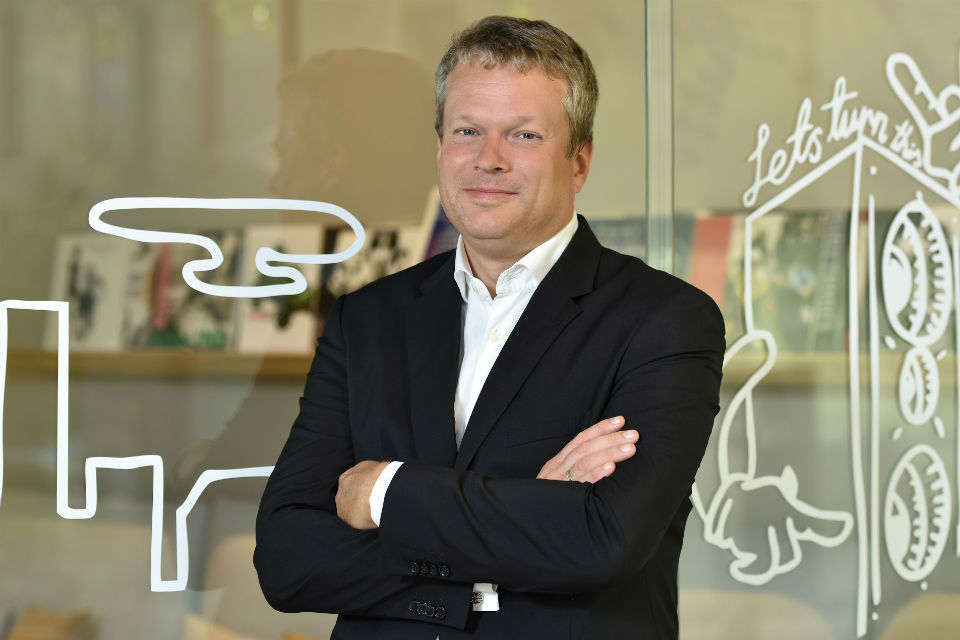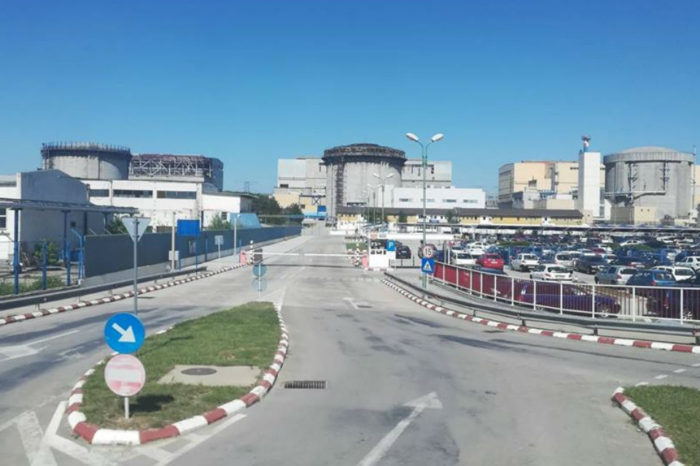Real estate transactions in Romania reach five-year record: over one billion Euro in 2019

The volume of real estate investments in Romania in 2019 exceeded the limit of one billion euros, totaling about 1.06 billion Euro, up 7 per cent from the level recorded in 2018, data from the research department of the real estate consultancy company CBRE Romania shows. The volume reached in 2019 also marks a record of the last five years in terms of investment transactions on the Romanian real estate market.
“2019 was the year of the regional cities for transactions with office buildings, Cluj-Napoca attracting investments of almost 200 million euros, respectively 20% of the total volume traded at the country level, but Bucharest remained leader, with 64% of the total transactions. Office buildings were the main traded products, accounting for almost 75% of the total transactions at national level. The appetite for office buildings in the Capital remains high and there are many opportunities, both in the established areas, such as CBD (Central Business District) and northern Bucharest, as well as in the dynamic areas, which are still under development, as is the city’s west,” says Gijs Klomp, Head of Investment Properties, CBRE Romania, a company that advised in 2019 the sale of a package of three office buildings in Cluj-Napoca, owned by the Hexagon group of companies.
From the point of view of the buyers profile, the Israeli investors occupy the first place through the record transaction since the end of 2019, with 36% of the traded volume, followed by the Romanian investors (26%) and the South African funds with 17%.
“Romania is an increasingly interesting destination for new investors and most likely 2020 will bring, like 2019, new names on the local market. There are several companies that want to expand their portfolio in Romania, in particular pursuing the acquisition of office buildings and industrial spaces. We expect further compression of yields, both for offices (7% at present) and for the industrial sector (7.75%),” adds Gijs Klomp.














